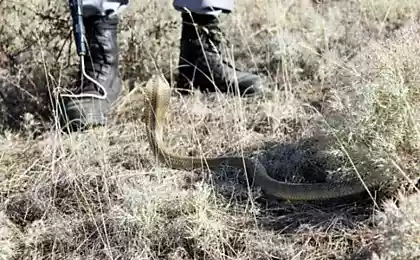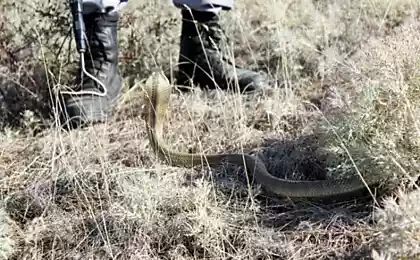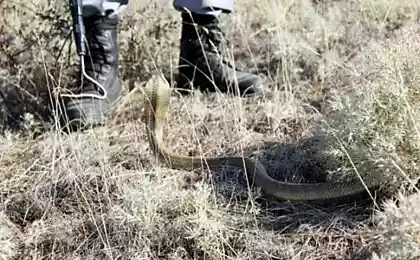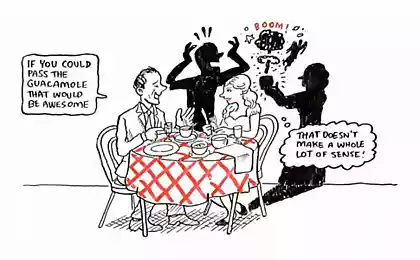2203
Cobra effect

Idiomatic expression used to describe a situation where taken to resolve certain problems the solution does not solve the problem, and often leads to the opposite outcome goals.
The term "cobra effect" originated during the time of British colonial rule in India. The British found that there are too many cobras. To get rid of poisonous snakes, the governor appointed a reward for each hand dealt head of the snake. Initially, the number of snakes quickly fell after their destruction. But then the Indians quickly adapted, to start breeding cobras to receive the award. In the end, when the premium for a dead cobra was canceled, it was found that the amount of poisonous cobras has not decreased, but even increased.
A similar situation arose in Hanoi during the French colonial rule in Vietnam, when the colonial authorities developed a program for the destruction of rats by paying a fee for each dead rat. As a result of the population to earn, was bred rats.
Another example: the destruction of sparrows, a large-scale campaign to combat pests, organized in China under the policy the Great Leap Forward (1958-1962). Four Pests Campaign led to severe disruption of the ecological balance, resulting in dramatically increased insect population, were exterminated yields. Voluntarist experiments in conjunction with collectivization led to widespread famine.
In the book, the famous German economist Horst Siebert provides many examples of the sphere of economics and politics, the authorities, taking these or other control measures do not take full account of how they will react to the person for whom the impact of these measures. Decisions made without proper analysis of the problem, is not reached in this case the desired result, and given the name "Cobra effect."























